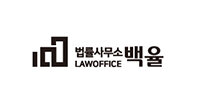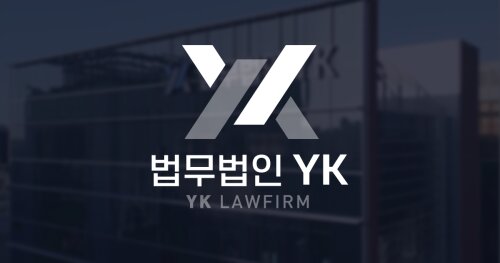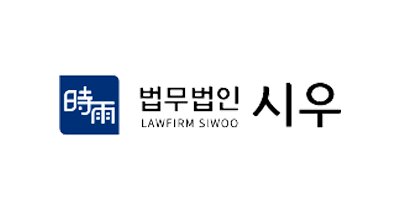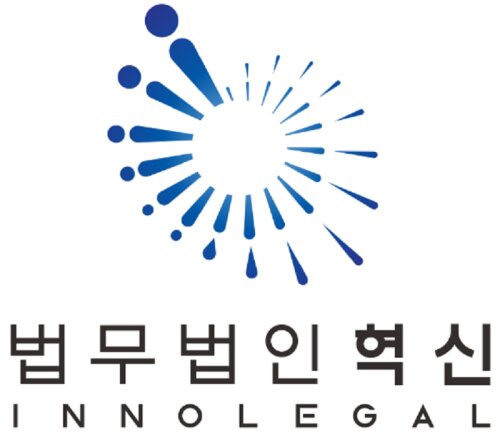Best Real Estate Lawyers in South Korea
Share your needs with us, get contacted by law firms.
Free. Takes 2 min.
Free Guide to Hiring a Real Estate Lawyer
Or refine your search by selecting a city:
List of the best lawyers in South Korea
About Real Estate Law in South Korea
Real estate law in South Korea encompasses a range of regulations and protocols governing property rights, transactions, and developments. The market is known for its dynamic nature, driven by urbanization and economic growth. The legal framework is designed to protect property rights, ensure fair transactions, and regulate land use and housing developments. Understanding these regulations is crucial for anyone involved in buying, selling, or leasing property in the country.
Why You May Need a Lawyer
There are several situations in which hiring a real estate lawyer in South Korea is beneficial or even necessary. Common scenarios include:
- Buying or selling property: Navigating contracts, ensuring a clear title, and complying with local laws can be complex.
- Lease agreements: Drafting, reviewing, and negotiating lease terms require legal expertise to protect your interests.
- Property disputes: Whether it's a boundary disagreement or a breach of contract, a lawyer can help resolve conflicts efficiently.
- Zoning and land use: If you're developing property, understanding zoning laws and regulations is crucial.
- Foreign ownership: Legal assistance is often necessary for non-residents dealing with real estate due to restrictions and additional regulations.
- Real estate investment: Structuring deals, conducting due diligence, and tax implications benefit from legal insight.
Local Laws Overview
South Korean real estate laws cover various critical areas, including:
- Ownership Rights: These laws specify who can own property, including restrictions on foreign nationals.
- Contracts: The legal requirements for real estate contracts ensure they are binding and enforceable.
- Zoning Laws: These regulations govern how land in specific areas can be used, impacting development projects.
- Taxes and Fees: Real estate transactions are subject to taxes, such as property taxes, acquisition taxes, and capital gains taxes.
- Mortgage Regulations: Laws related to loans and financing can affect purchasing power and ability to buy property.
Frequently Asked Questions
What are the restrictions on foreign ownership of real estate in South Korea?
Foreigners can generally purchase property, but there are restrictions, especially on land designated for agricultural or military use. Due diligence is necessary to avoid any legal issues.
How does the real estate contract process work?
The process involves an offer, acceptance, then drafting and reviewing a sale and purchase agreement. It’s legally binding once signed, so it’s vital to consult a lawyer.
What are the common types of real estate taxes?
Key taxes include acquisition tax, registration and license tax, value-added tax on certain transactions, and property tax, among others.
What is the role of a real estate agent?
Real estate agents facilitate transactions by connecting buyers and sellers, aiding with paperwork, and providing market insights. They must be licensed to operate legally.
Are there any special considerations for leasing property?
Yes, leases often require a significant deposit (Jeonse system). Legal advice can help tailor agreements to suit both tenant and landlord needs.
How do zoning laws affect property development?
Zoning laws dictate the permissible use of land and building developments, crucial for ensuring legal compliance for construction and renovation projects.
What measures are in place to protect real estate purchasers?
South Korea emphasizes buyer protection through mandatory disclosure of property defects and legal recourse in case of fraudulent practices.
What should I consider when investing in South Korean real estate?
Market research, understanding legal aspects, and tax implications are vital components. Professional consultation can aid informed investment decisions.
Can legal disputes over real estate be settled out of court?
Yes, many disputes are resolved through mediation or arbitration, which are often faster and less expensive than court proceedings.
How can I check if a property's title is clear?
A thorough title search can be conducted through legal means to ensure the property isn't subject to liens or unresolved ownership claims.
Additional Resources
For those seeking additional information or assistance, consider these resources:
- The Ministry of Land, Infrastructure and Transport: Provides regulations and updates on real estate policies.
- Korean Bar Association: Offers guidance on locating qualified real estate lawyers.
- Korea Real Estate Board: Offers market insights and educational resources.
Next Steps
If you need legal assistance in real estate, consider the following steps:
- Identify Your Needs: Clearly define your objectives, such as buying, selling, or resolving disputes.
- Consult a Lawyer: Contact a qualified real estate attorney to discuss your situation and strategize your approach.
- Prepare Documentation: Collect necessary documents related to property transactions to facilitate a smoother process.
- Stay Informed: Keep up with local real estate trends and legal changes that might affect your plans.
- Leverage Resources: Utilize the recommended resources for additional help and information.
Lawzana helps you find the best lawyers and law firms in South Korea through a curated and pre-screened list of qualified legal professionals. Our platform offers rankings and detailed profiles of attorneys and law firms, allowing you to compare based on practice areas, including Real Estate, experience, and client feedback.
Each profile includes a description of the firm's areas of practice, client reviews, team members and partners, year of establishment, spoken languages, office locations, contact information, social media presence, and any published articles or resources. Most firms on our platform speak English and are experienced in both local and international legal matters.
Get a quote from top-rated law firms in South Korea — quickly, securely, and without unnecessary hassle.
Disclaimer:
The information provided on this page is for general informational purposes only and does not constitute legal advice. While we strive to ensure the accuracy and relevance of the content, legal information may change over time, and interpretations of the law can vary. You should always consult with a qualified legal professional for advice specific to your situation.
We disclaim all liability for actions taken or not taken based on the content of this page. If you believe any information is incorrect or outdated, please contact us, and we will review and update it where appropriate.
Browse real estate law firms by service in South Korea
South Korea Attorneys in related practice areas.
Browse real estate law firms by city in South Korea
Refine your search by selecting a city.

















